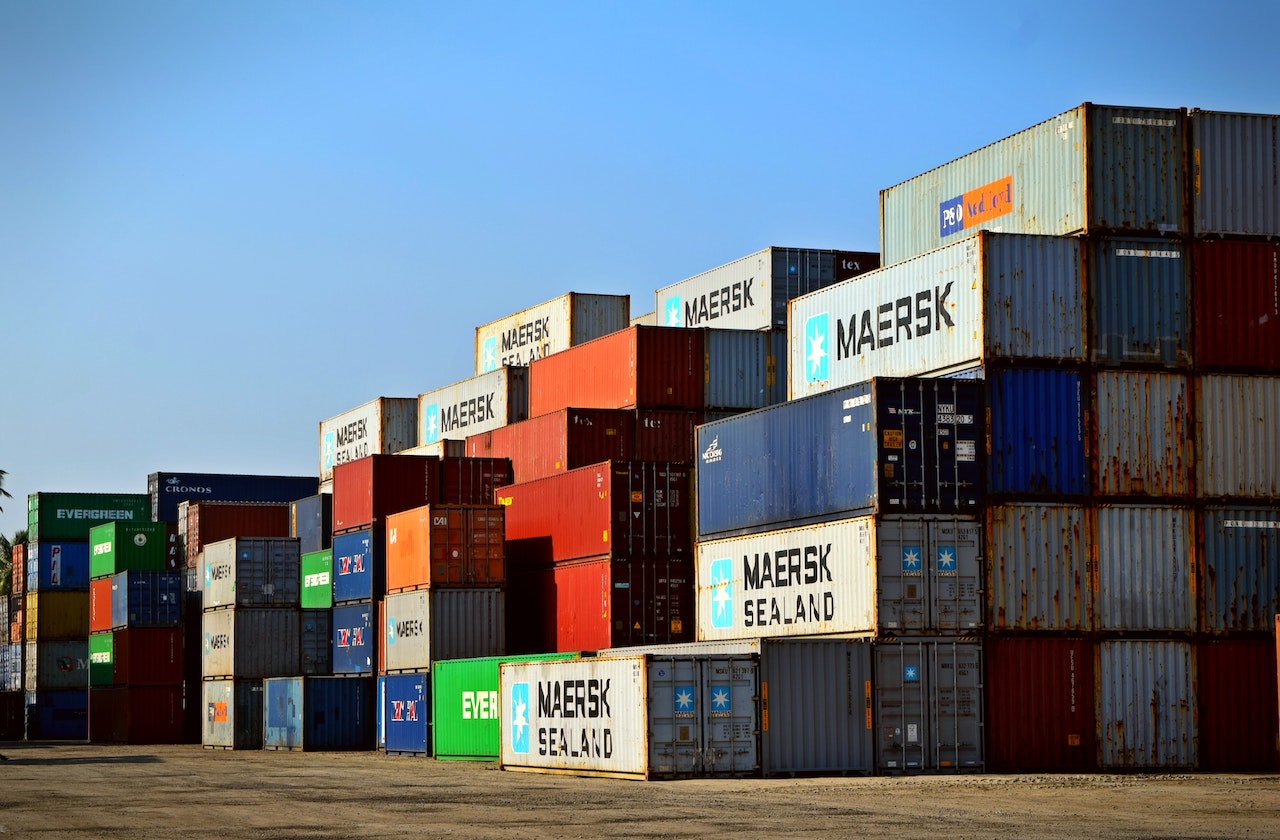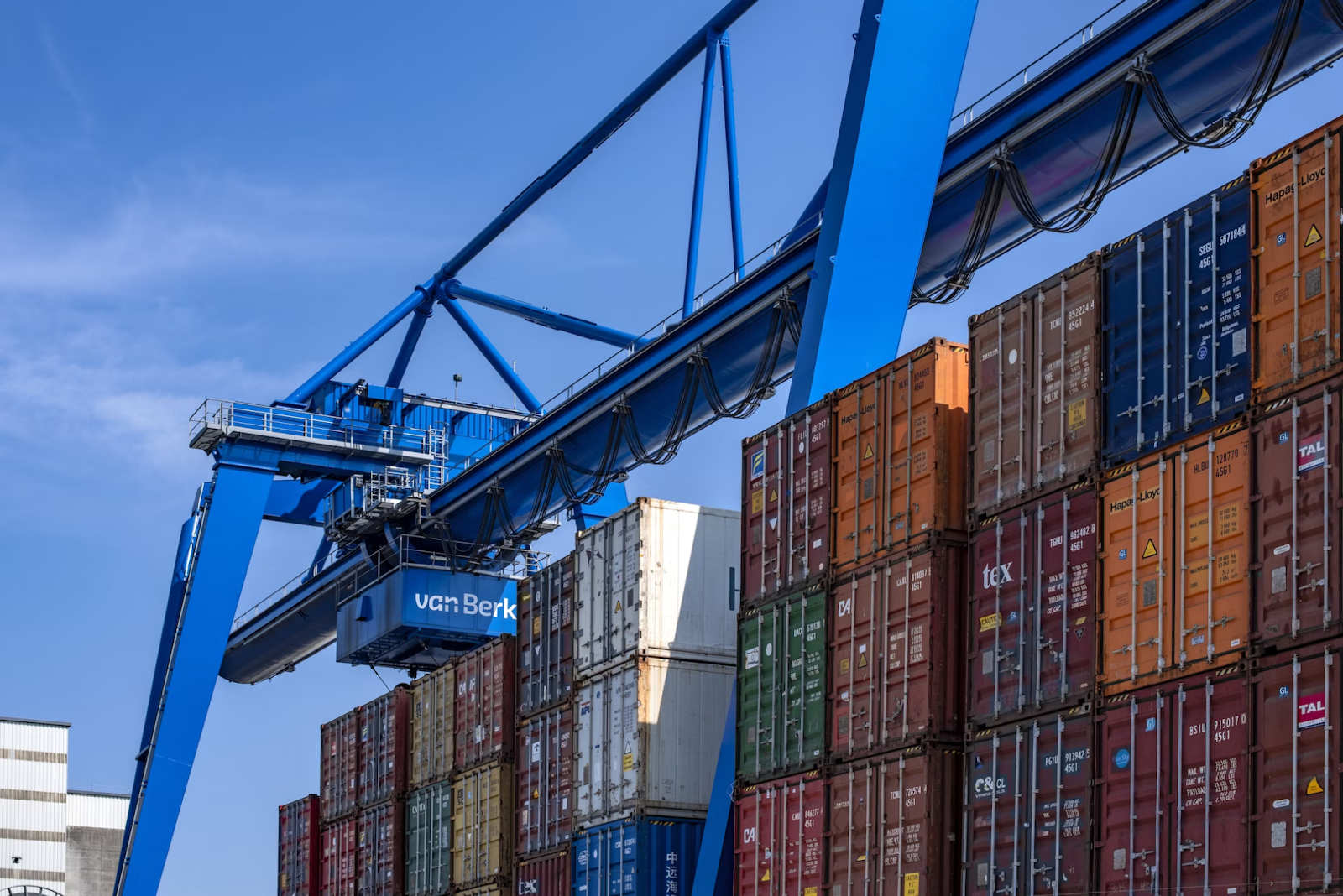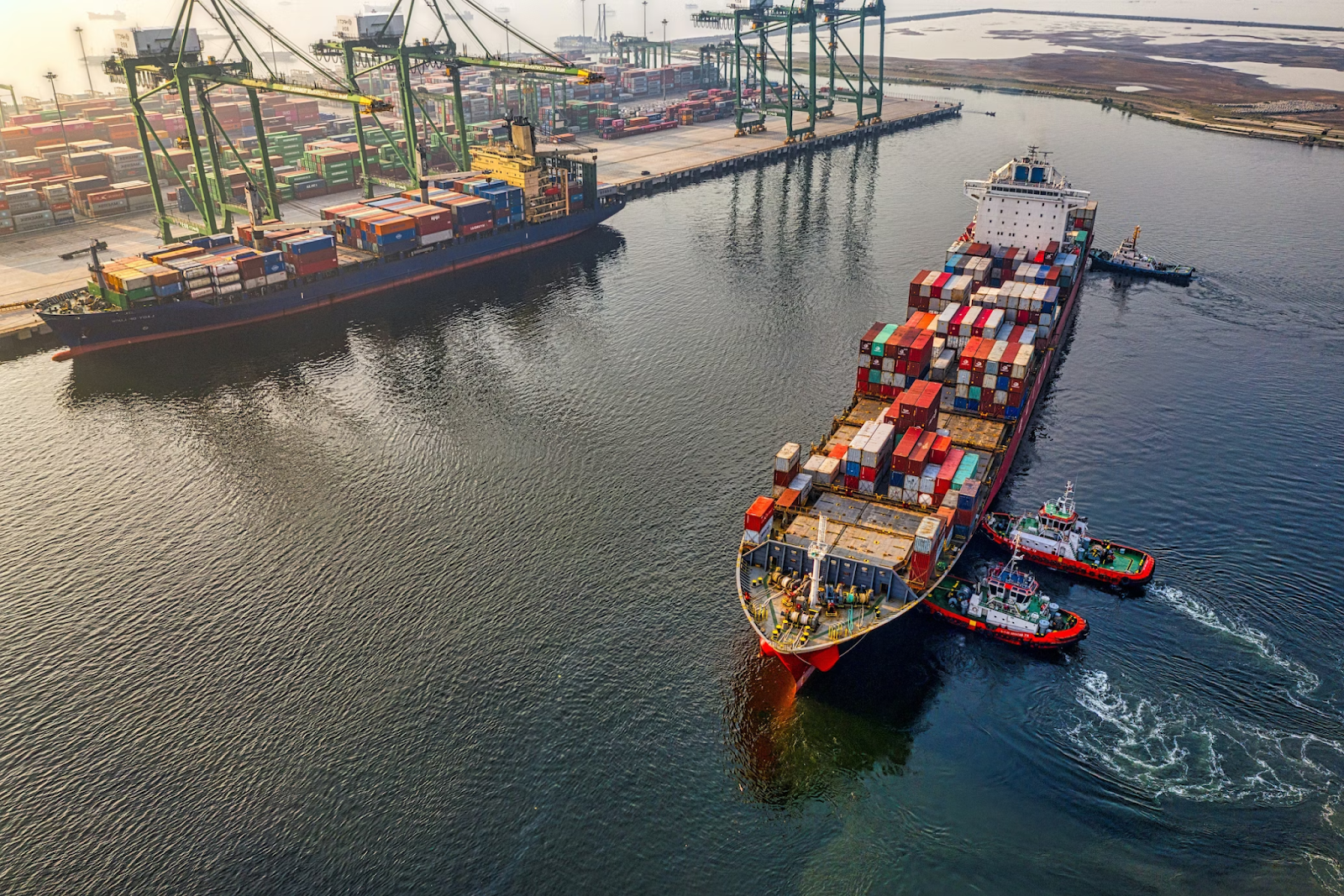Comments
- No comments found

When it comes to environmental sustainability, the conversation often centers around recycling, renewable energy, and reducing carbon footprints.
However, there's an unsung hero in the quest to protect our planet: Intermediate Bulk Containers (IBCs). These versatile containers may not be as well-known as other sustainability solutions, but they play a significant role in reducing waste, energy consumption, and environmental impact. In this article, we'll explore how IBCs are quietly making a big difference in enhancing environmental sustainability.

Intermediate Bulk Containers, often referred to as IBCs, are a type of industrial container used for storing and transporting liquids, granulated substances, and even semi-solids. They typically have a capacity ranging from 275 to 330 gallons (1000 to 1250 liters) and are made from various materials such as plastic, metal, or a combination of both. IBCs are designed for durability and can be reused multiple times, making them a valuable resource in the journey towards environmental sustainability.
An IBC's lifecycle involves several stages, including manufacturing, filling, transportation, and cleaning for reuse. Let's break down how each of these stages contributes to environmental sustainability:
The production of IBCs generally requires less energy and raw materials compared to single-use containers. This results in a smaller carbon footprint and reduced resource depletion. Additionally, many manufacturers use recycled materials in their IBC production, further lowering their environmental impact.
IBC's design ensures efficient stacking and storage, optimizing transportation space and reducing the number of trips required. This lowers fuel consumption and emissions, contributing to reduced greenhouse gas emissions. Moreover, the durable construction of an IBC tank minimizes the risk of spills and leaks during transportation, reducing the potential for environmental harm. Plus, the ability to reuse IBCs means fewer containers entering landfills or ending up as litter.
One of the most significant environmental benefits of IBCs is their ability to be cleaned and reused multiple times. This dramatically reduces the need for new containers, saving resources and minimizing waste. Many companies also offer IBC rental and reuse programs, further promoting circular economy practices.
Single-use plastics have become a significant environmental concern in recent years. IBCs offer an eco-friendly alternative to disposable plastic containers, such as bottles or drums, which often end up in landfills or polluting our oceans. Again, the reusability factor is crucial here, as one IBC can potentially replace hundreds of single-use plastic containers over its lifetime.
Single-use plastic containers are a significant contributor to plastic pollution. They can take hundreds of years to decompose, causing harm to wildlife and the environment. Moreover, their production requires the consumption of fossil fuels and significant energy, contributing to climate change.
In contrast, IBCs are designed for multiple uses. They are sturdy, leak-resistant, and easily cleaned, making them a cost-effective and environmentally friendly alternative. By using IBCs, companies can significantly reduce their reliance on single-use plastics and lower their environmental footprint.
Efficiency in resource management is essential for environmental sustainability. IBCs are an excellent example of how effective resource utilization can help conserve valuable materials and energy.
By using IBCs, companies can reduce the amount of packaging waste they generate. The reusability of IBCs means fewer containers end up as trash, leading to a substantial reduction in waste that would otherwise clog landfills or pollute the environment.
Transporting liquids and granulated substances in IBCs is more energy-efficient than using smaller containers. IBCs allow for larger shipments, requiring fewer trips, and resulting in reduced fuel consumption and lower carbon emissions. This conservation of energy is a crucial step towards a more sustainable future.

The circular economy is all about minimizing waste, maximizing resources, and promoting sustainability. IBCs fit perfectly into this concept by offering a closed-loop system where containers are repeatedly cleaned, refilled, and reused.
In the circular economy, products and materials are continually recycled and repurposed. IBCs embody this approach by promoting a supply chain that prioritizes reusability, ultimately reducing the need for new materials and lessening the environmental impact of production.
By supporting a circular economy, IBCs contribute to a significant reduction in greenhouse gas emissions, resource depletion, and waste generation. This makes them a key player in the fight against climate change and environmental degradation.
Intermediate Bulk Containers might not always be in the spotlight when it comes to environmental sustainability, but their role in reducing waste, conserving energy, and promoting the circular economy cannot be understated. These unassuming containers are a silent force working towards a cleaner, more sustainable future. So, the next time you see an IBC, remember the quiet hero in the battle to protect our planet and appreciate the role it plays in making our world a greener and more environmentally friendly place.
Leave your comments
Post comment as a guest